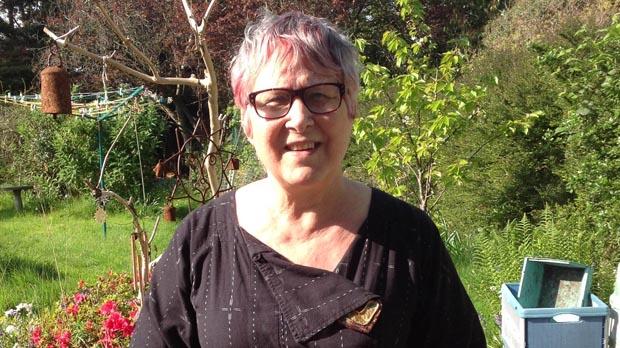
"I was delighted to take part in a clinical trial as it has the potential to really help others in the future.”
This trial was comparing a combination of gemcitabine and carboplatin with a combination of cisplatin and etoposide for small cell lung cancer.
Doctors often use chemotherapy to treat small cell lung cancer. This is usually a combination of a  such as cisplatin and etoposide.
such as cisplatin and etoposide.
In this trial, researchers were comparing this standard treatment with a combination of the platinum drug carboplatin and another drug called gemcitabine.
The aims of the trial were to find out
The trial team found that GC worked as well as PE and caused fewer side effects.
The trial recruited 241 people with small cell lung cancer. Half had gemcitabine and carboplatin. The other half had cisplatin and etoposide.
The average length of time that people lived without any signs of the cancer growing was
Just under a third of people in each group lived for more than a year.
Two of the main side effects were hair loss and sickness. Both of these were more common in people who had PE.
Another side effect was a drop in the number of blood cells. This was more common in people who had GC. A drop in the number of blood cells leads to an increased risk of infection and bleeding problems. But people in the GC group did not actually have any more infections or bleeding problems than the people in the PE group.
So, the trial team found that GC worked as well as PE and caused less sickness and hair loss.
We have based this summary on information from the team who ran the trial. The information they sent us has been reviewed by independent specialists ( ) but may not have been published in a medical journal. The figures we quote above were provided by the trial team. We have not analysed the data ourselves.
) but may not have been published in a medical journal. The figures we quote above were provided by the trial team. We have not analysed the data ourselves.
Please note: In order to join a trial you will need to discuss it with your doctor, unless otherwise specified.
Dr Robin Rudd
London Lung Cancer Group
National Institute for Health Research Cancer Research Network (NCRN)
If you have questions about the trial please contact our cancer information nurses
Freephone 0808 800 4040

"I was delighted to take part in a clinical trial as it has the potential to really help others in the future.”